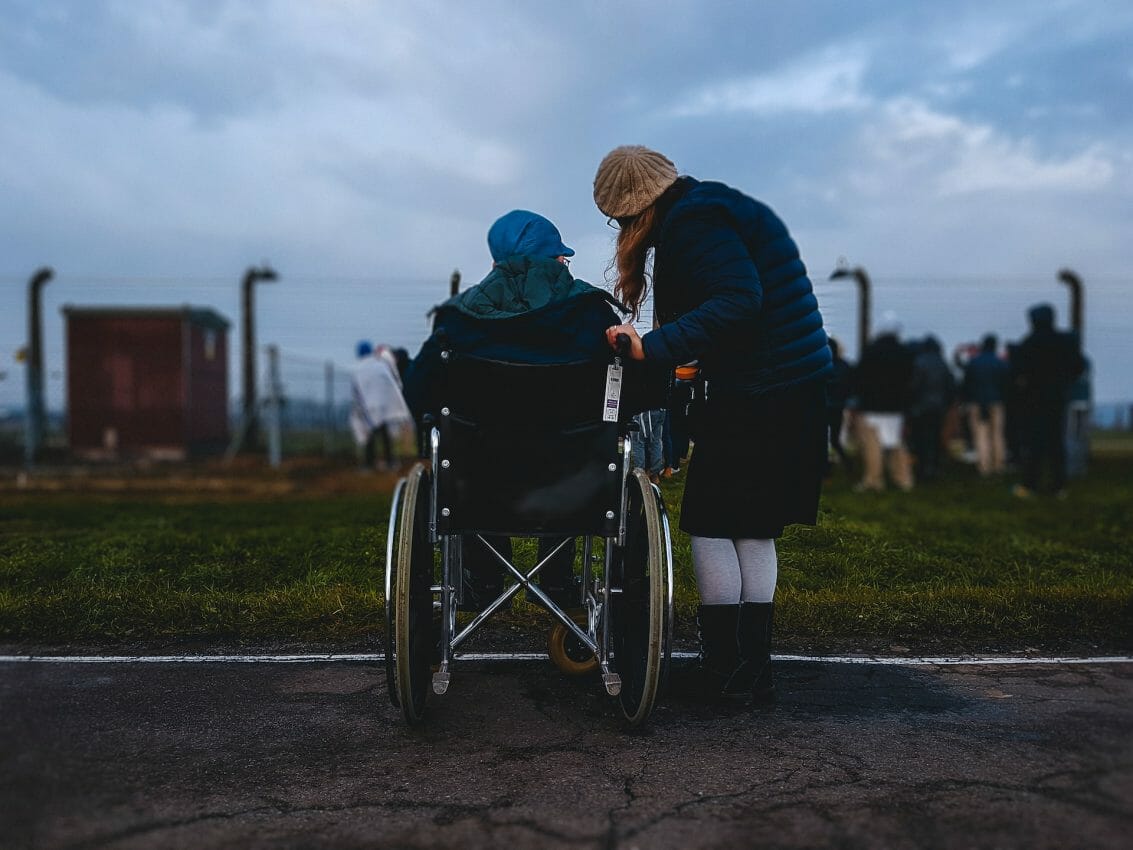More than 6 million people in America have developmental disabilities, and an increasing number of these people have become adults who still require parental care. There are currently more than a million persons over the age of 60 caring for someone with a developmental or intellectual disability in their own homes.
About 75% of Americans over the age of 60 provide in-home care for someone with a developmental or intellectual disability. And many wait, often for years, for Medicaid assistance, such as relocation to a group home, day services, or transportation and job programs, for their disabled kid, sister, or brother.
Under the Medicaid Program system, if they cannot afford to pay for this care themselves, their relative may end up in an institution.
Making Plans
Families who take care of a member with disabilities are often concerned about the future. They think about what happens to disabled adults with no family? That is why it is important to already make plans for the future.
People who are related to an adult disabled son or daughter may wish to make sure that their child receives specific benefits after they pass away without endangering the child’s eligibility for government programs like Medicaid and SSI.
To do this, more people are including supplemental needs trusts in their inheritance plans. The trust’s assets should be used to supplement government assistance, not to replace it, according to the plan.
This can be accomplished in one of two ways, depending on the rules of the state in which you reside. One is to grant the trustee complete authority over how to manage the assets while taking into account potential ineligibilities. The alternative is to instruct the trustee to only make payments for certain costs, excluding those for food and lodging.
Employ Resources
Make use of the Older Americans Act’s supported National Family Caregiver Support Program. The program’s objective is to provide carers with support services such as respite care, supplemental services, individual counseling, information about resources that are available, and aid in accessing support services.
In 1965, Congress enacted the Older Americans Act (OAA). This was done because policymakers were worried about the lack of social services for older people in their communities. The original legislation gave states the right to receive subsidies for social services, aging-related research and development initiatives, and staff training.
These organizations may be helpful in offering details and possibilities for home- and community-based services and housing that would enable an adult disabled son or daughter to live in the community for as long as possible.
If accessible, another option is the Planned Lifetime Assistance Network, which works with families to create a future care plan, provides resources, and identifies the person or people in charge of ensuring that the plan is carried out. There are other programs accessible, even though these are just a few potential sources of support.
Growing Numbers
Disability is part of what it means to be human and is an important part of what it means to live. It happens when health problems like dementia, blindness, or a spinal cord injury interact with different personal and environmental factors. About 16% of the world’s population, or 1.3 billion people, have a significant disability (such as mental retardation, cerebral palsy, autism, and epilepsy) today.
States around the nation are experiencing budget reductions for all services due to the state of the economy in our country. Long waiting lists for residential services are getting longer in many areas.
When making plans for the period when they will no longer be able to care for their adult disabled children, elder folks must take into account the advancing years of the baby boomer group. The most important step in making sure that clients’ intentions are legally recorded in wills and trusts is estate planning.
Transitioning to Adult Care Services
Adult care and assistance are provided to disabled adults over the age of 18 to meet their requirements. This means that when a disabled kid becomes 18, they will shift from receiving help from children’s services to care and support for adults.
In order to make sure that there is no service gap when a young child makes this transition, the Care Act was adopted in England. In cases where a child will likely need care and support after turning 18, and a transition assessment will be of “substantial benefit,” local authorities are required by the Care Act 2014 to carry out transition evaluations for children, children’s caregivers, and young carers.
It is significant to stress that parents and children under 18 who are disabled continue to have the same broad rights. The local government is still required to set up support and practical help in satisfying those acknowledged needs subject to criteria, and parents still have the right to obtain an assessment of their child’s needs.
As the number of older caregivers increases and their need for assistance develops, a few states have enacted legislation allowing older caregivers to participate in determining where and how the person they care for will live. Making an estate plan that takes into account the patient’s special needs is the best and most complete way to protect them and ensure sure they will be cared for with respect and dignity.



